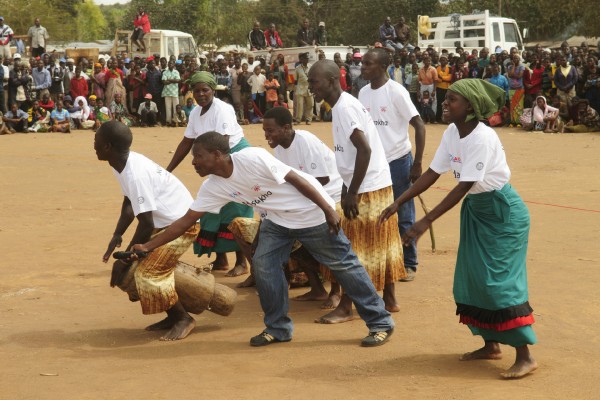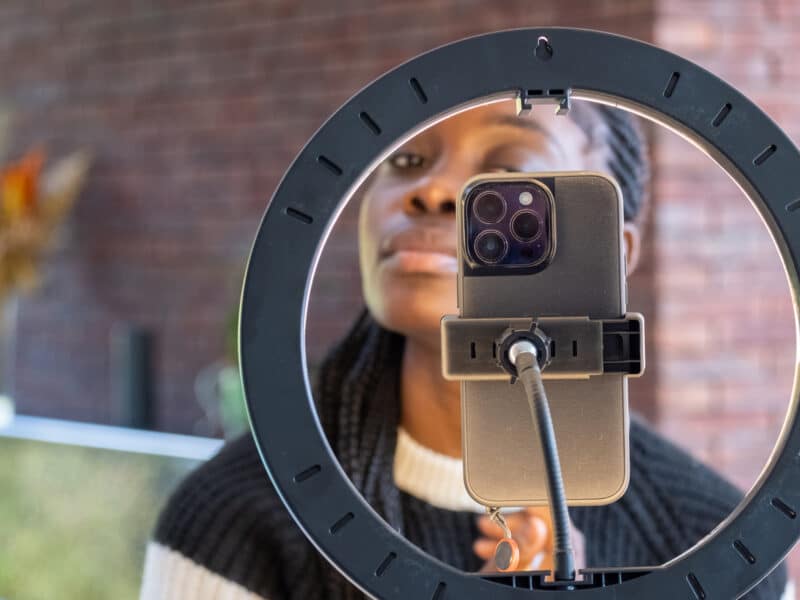A new study led by researchers from the Johns Hopkins Bloomberg School of Public Health Center for Communication Programs (JHU•CCP) shows that interventions that seek to increase HIV knowledge, HIV testing uptake, and condom use can have a greater effect if they promote interpersonal discussion.
Interpersonal communication can help overcome existing health disparities and was found to heighten the effect of community norms on condom use. The findings are published in the Journal of Communication.
Rajiv Rimal, PhD, lead author of the study and Associate Professor at the Bloomberg School of Public Health’s Department of Health, Behavior and Society, explained, “Because HIV/AIDS is heavily stigmatized in Malawi, information about HIV/AIDS protective behaviors doesn’t filter down through the community. Past research has shown that discussion helps create a more open environment, enabling behavior change, so we sought to test this finding and determine whether our project helped enable change by promoting discussion.”
Rimal and his co-researchers used data from the Malawi BRIDGE Project, a project funded by the United States Agency for International Development (USAID) and led by JHU•CCP from 2003-2009. The project used mass media and community mobilization efforts to promote key HIV-prevention behaviors.
The study found those who lived in communities with higher rates of condom use were themselves more likely to use condoms — if they engaged in discussion about HIV prevention. Furthermore, interpersonal communication should be integrated into future campaigns as an explicit strategy, especially as discussion was found to ameliorate other disparities that exist within and between communities.
Authors of “The Role of Interpersonal Communication in Reducing Structural Disparities and Psychosocial Deficiencies: Experience From the Malawi BRIDGE Project” include Rimal, Rupali J. Limaye, Peter Roberts, Jane Brown and Glory Mkandawire.





